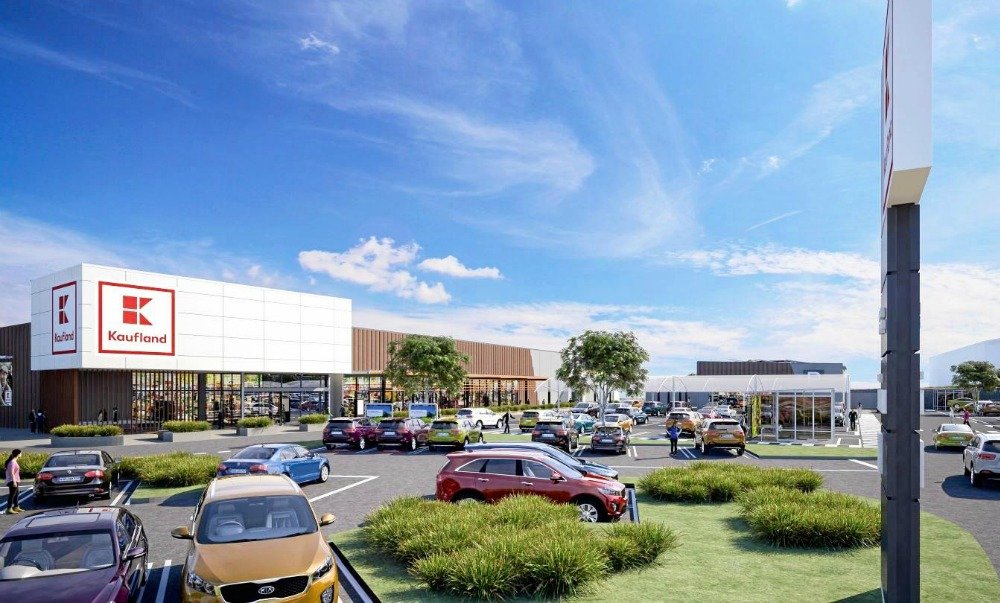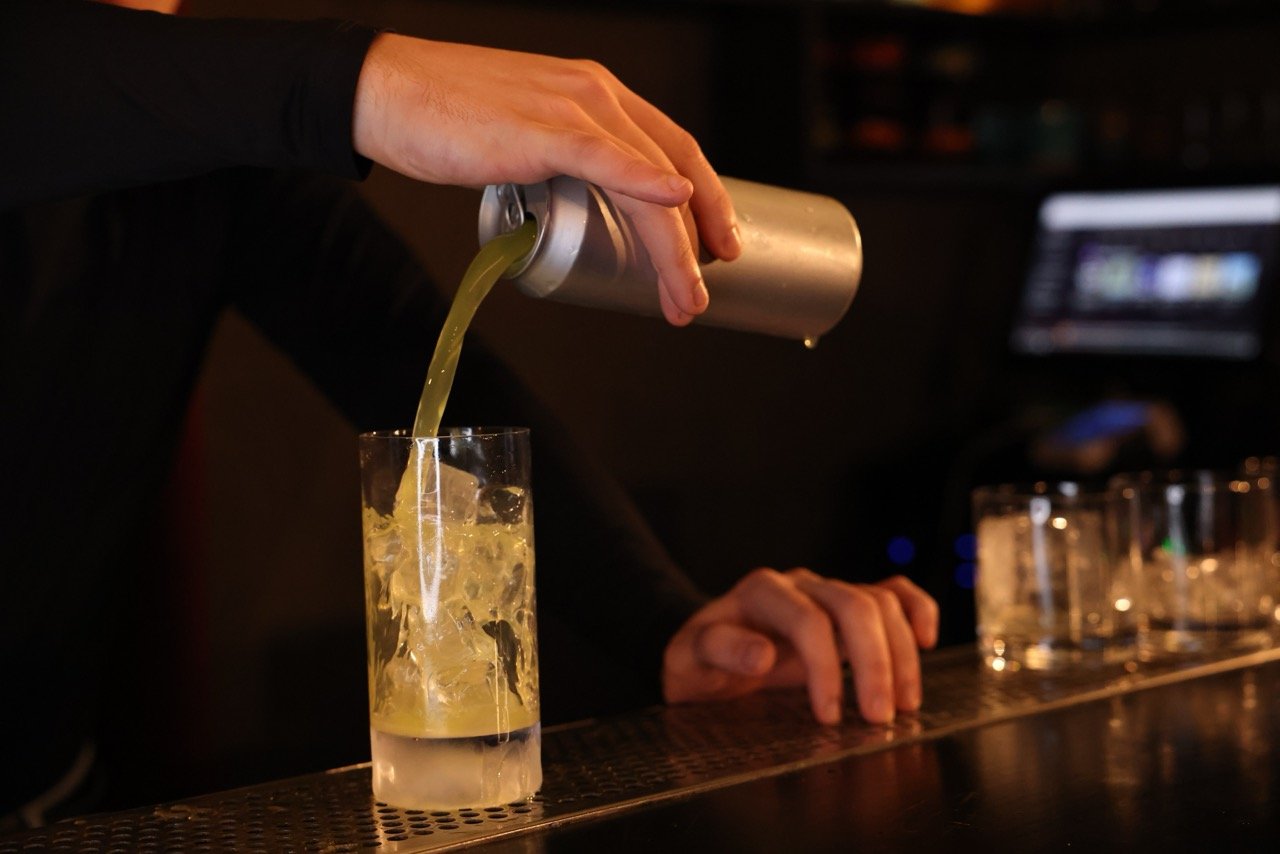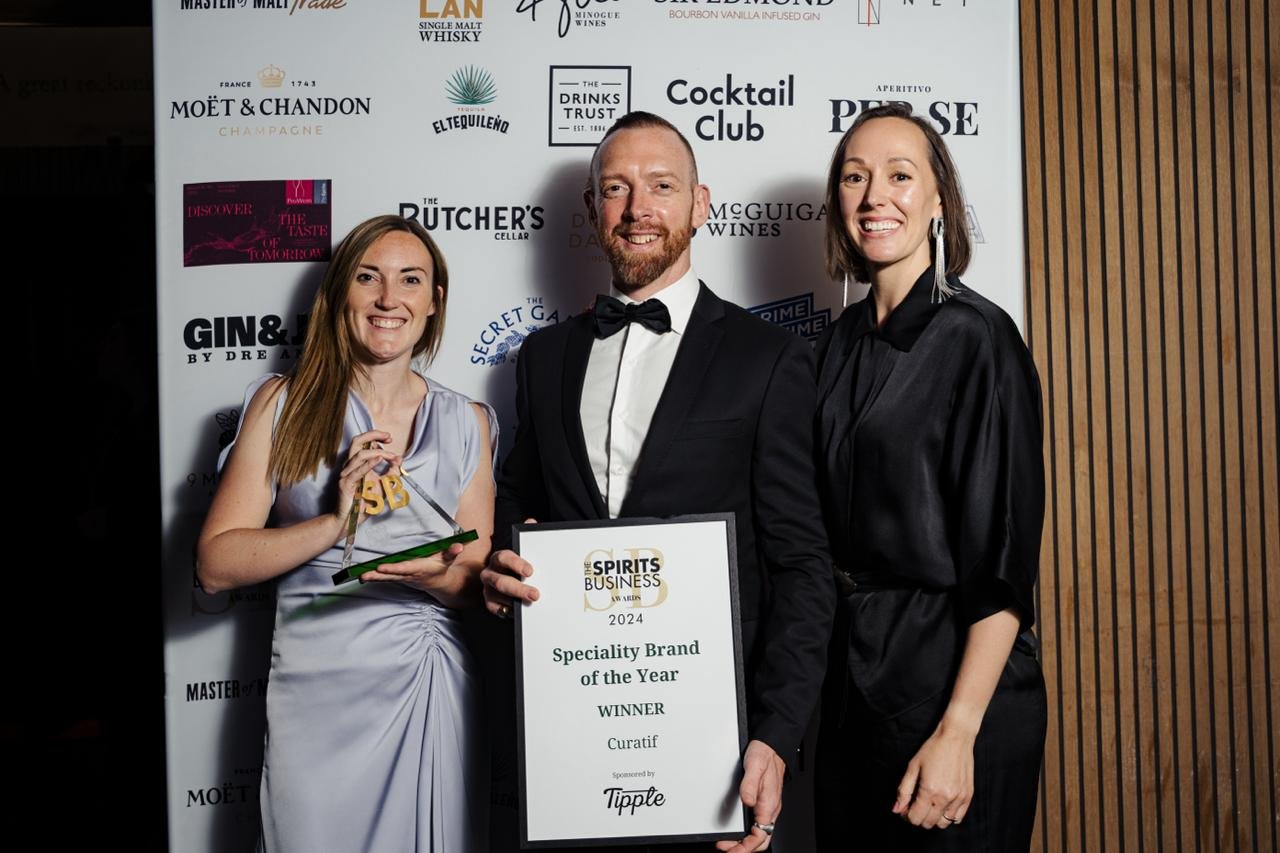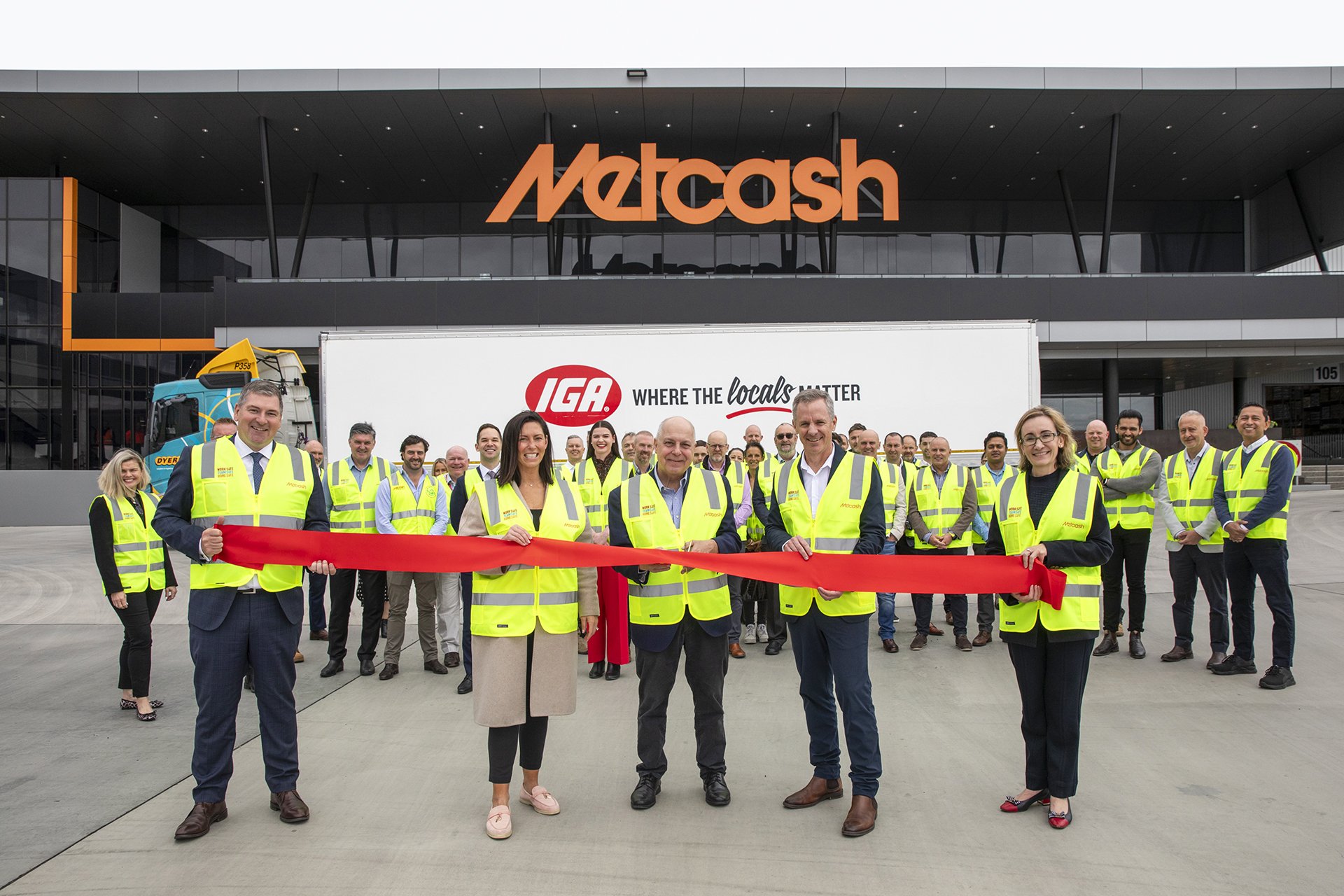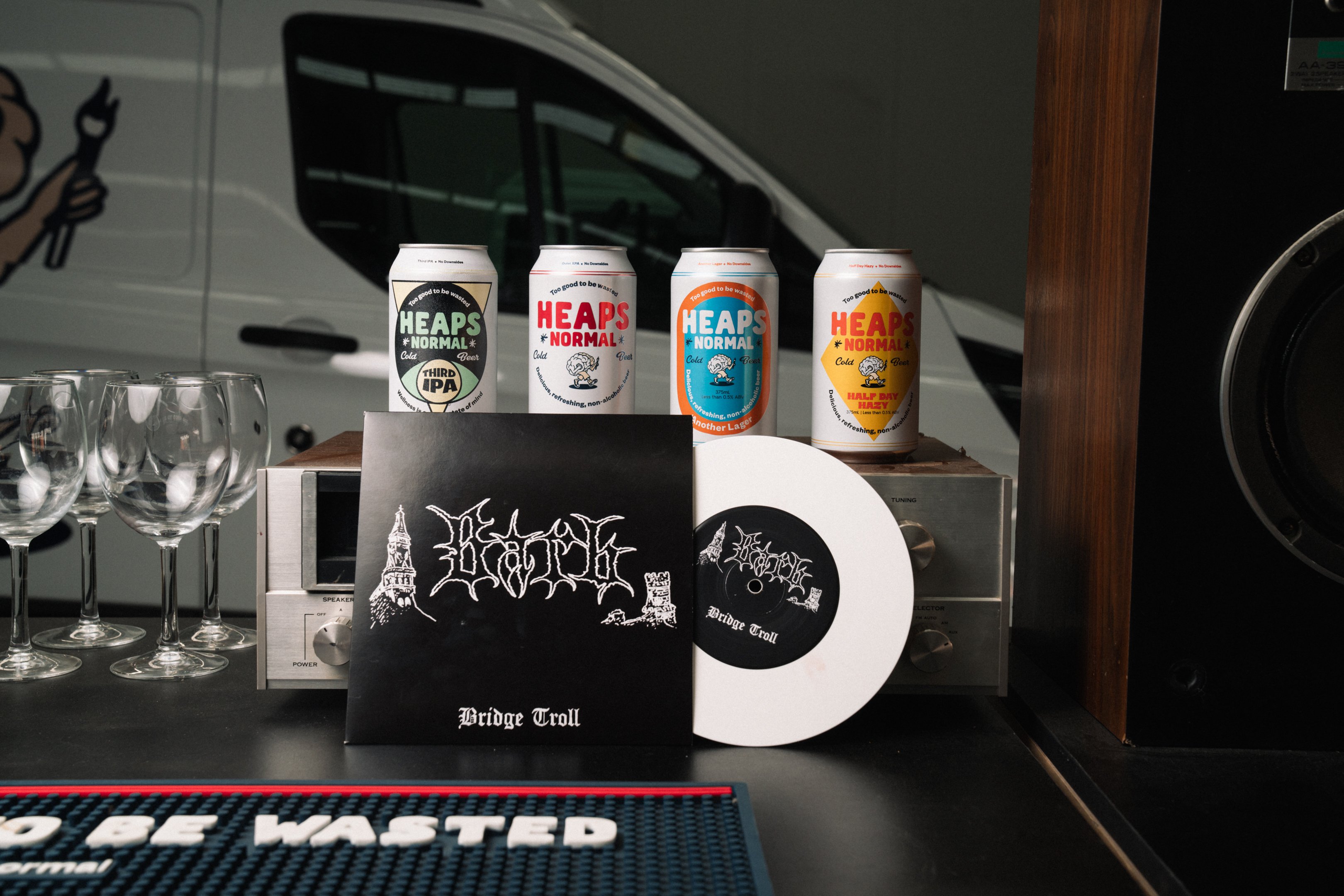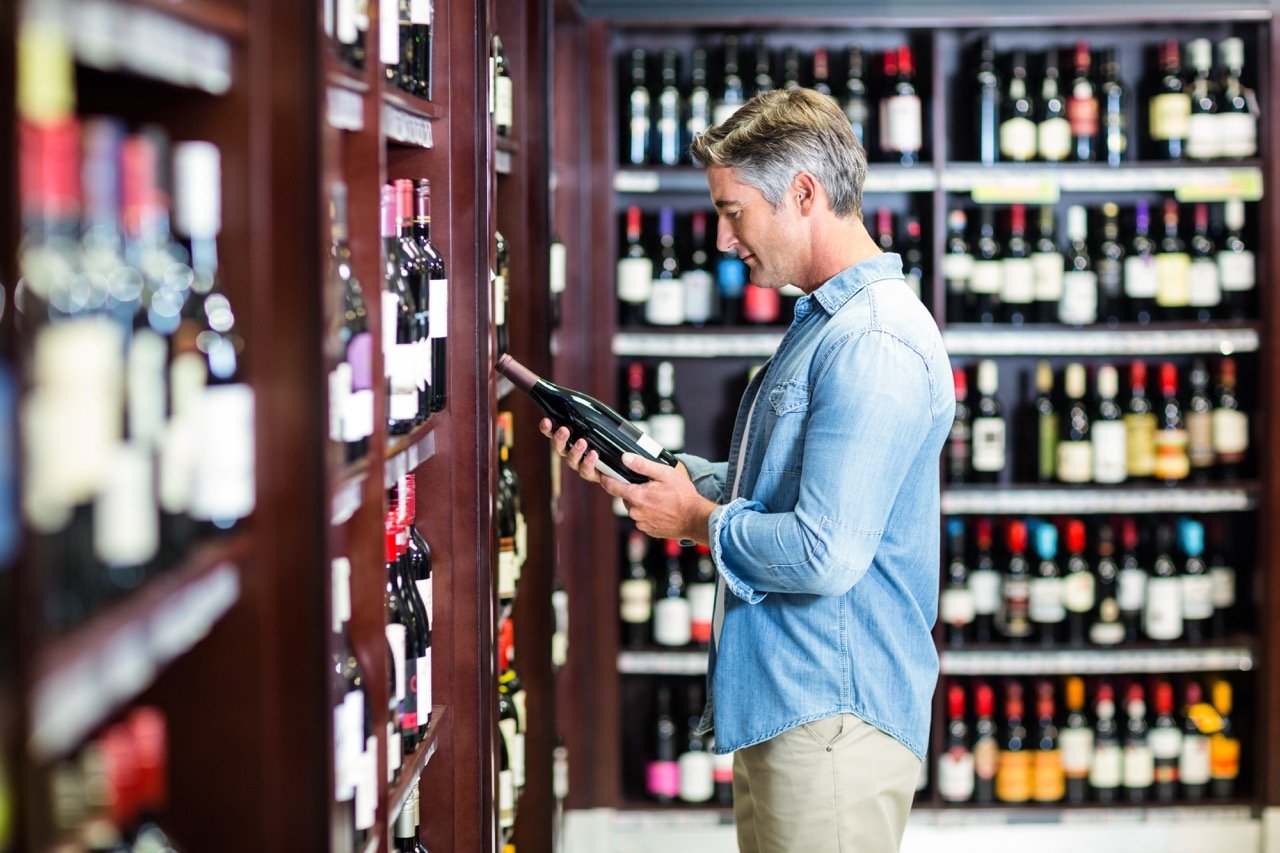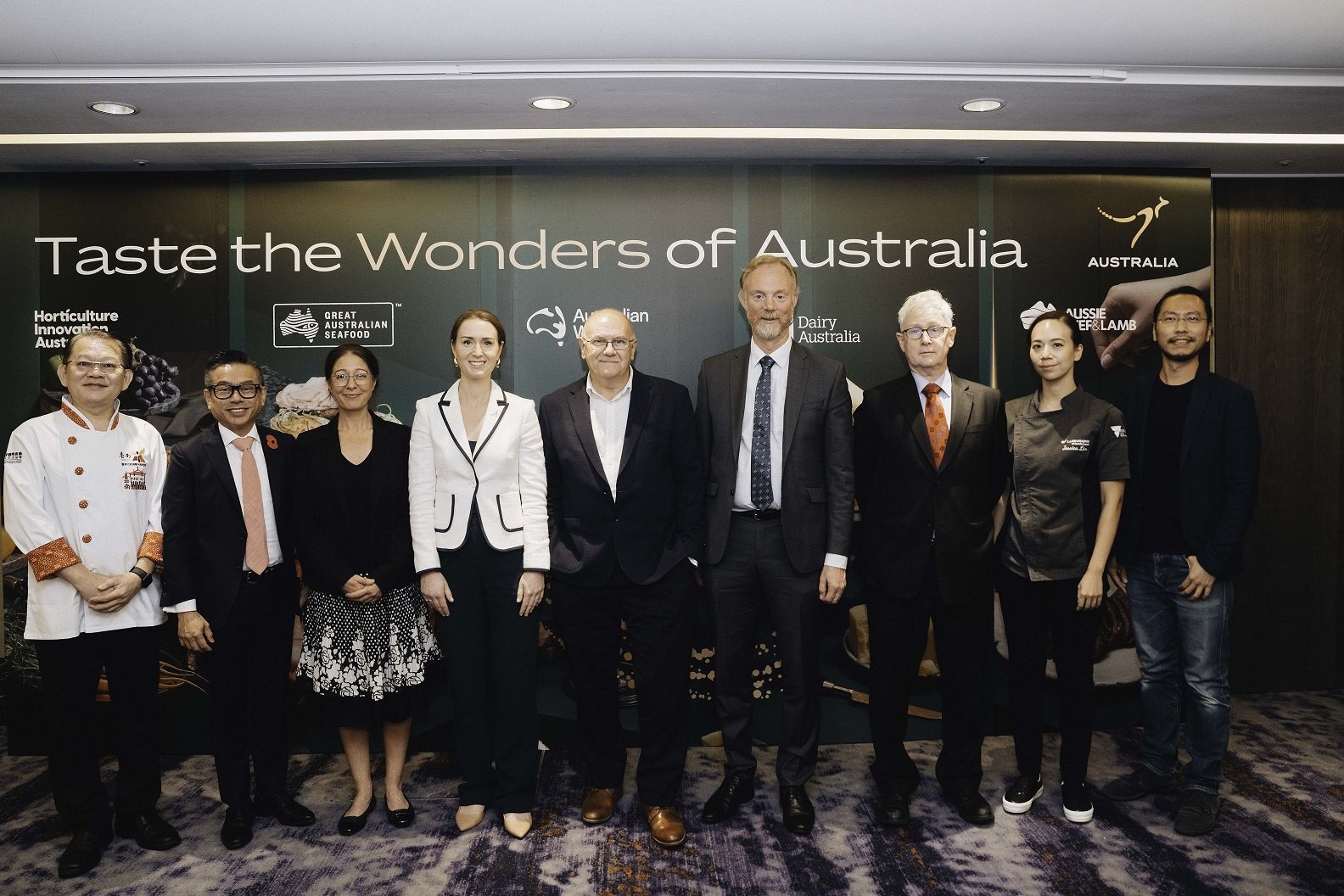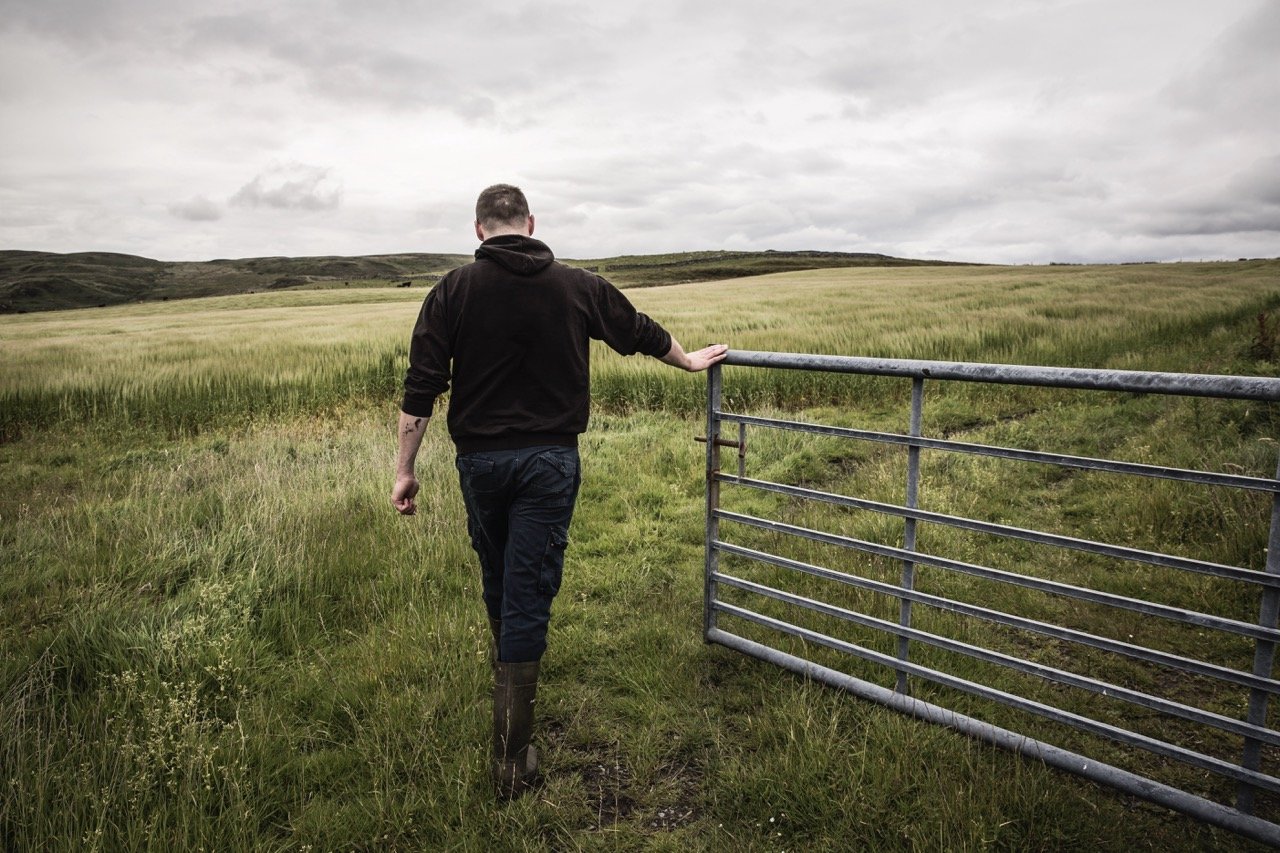Kaufland has announced its withdrawal from the Australian market after spending hundreds of millions of dollars on warehouse and retail locations.
The Sydney Morning Herald has reported that property developers were left "gobsmacked" by the shock announcement that the German hypermarket was leaving "despite never opening a store and investing over half a billion dollars on property, staff and distribution".
In September 2019, Kaufland said it was preparing to open more than 20 stores in Victoria, South Australia and Queensland within 18 months.
Victoria was the epicentre for development, with 14 stores planned. The German hypermarket had received approval to open stores in Oakleigh South and Coolaroo, in addition to three stores already approved for Dandenong, Chirnside Park and Epping.
It had also lodged applications to open another nine supermarkets in Highton, Braybrook, Coburg North, South Morang, Narre Warren, Lyndhurst and Pakenham, as well as Warrnambool in the state’s west and the Bendigo suburb of Kennington.
The state government even set up an independent advisory committee to evaluate proposals for Kaufland supermarkets across Victoria.
Kaufland's half-built hypermarket in Prospect, South Australia, was going to be the first store to open.
Additionally, the hypermarket was making its move on Queensland, where it had purchased three sites for new stores and applied to build its first Aussie pub.
A report prepared by Dimasi & Co for Kaufland Australia said the anticipated sales performance for each new Kaufland store in Australia was expected to fall within the range $40 – $50 million. Approximately 70% of store sales were expected to be in food and grocery items, with the remaining 30% comprising sales of non-food items, being around 20% of store sales in general merchandise items and around 10% in packaged liquor.
In June 2019, Kaufland Australia boss Julia Kern (above) turned the first sod on its distribution centre in Mickleham, Victoria.
Vaughan Constructions had commenced building on the land, which was purchased from private developer MAB Corporation. It was expected to be Australia’s largest distribution centre.
MAB chief operating officers David Hall told the SMH he had not been informed by Kaufland of its decision and had been "trying to get hold of them on the phone."
Construction on the facility was in full swing and "out of the ground" Hall said.
Kaufland Australia employees blindsided
Kaufland employs 200 staff in Australia and had poached a number of high-profile retail executives to head up its operations, including former Myer boss Richard Umbers. Many had spent six months in Germany on a training course.
Kaufland employees were informed of the decision by Kern and were said to be in a state of shock, as the company had still been recruiting new staff last week.
The Australian reports some retail executives had been preparing to quit their current roles to shift to Kaufland before the surprise announcement.
"It is understood Ms Kern was told over the weekend in Germany that Kaufland was walking away from Australia, and she flew back from Europe to inform her staff on Wednesday," the newspaper reports.
"Words cannot express the disappointment the Kaufland Australia team feels about the sudden withdrawal from the Australian market," one department head noted on LinkedIn.
Another manager said he was "bitterly disappointed" about the news: "It saddens me when I drive past the sites where our stores had begun construction, knowing our dream will never be realised."
"It saddens me when I drive past the sites where our stores had begun construction, knowing our dream will never be realised," a junior manager said.
"The opportunity to bring one of the biggest global supermarkets into a new market is amazing, and while it didn't work out, it was an experience none of us will forget."
Kaufland apologises for the disruption
The retailer said it had made the decision to withdraw after "careful and thoughtful consideration".
Frank Schumann, acting chief executive of Kaufland International, said the decision was not an easy one for the company and he apologised for the disruption the exit would cause.
"We would also like to thank our business partners, who offered us great support over the last few years," Schumann said. "We would also like to thank the government for being very open-minded to our projects.
"In Europe, we see a great deal of growth potential. We will actively shape the consolidation of the European retail sector, thus further reinforcing our leading position."
The company's employees will be paid "generous packages" including all entitlements and will be provided with a consultation and support process.
Kaufland said its existing investments, including purchased properties, would be "discussed with the relevant parties in coming days".
Why did Kaufland pull out?
JPMorgan analyst Shaun Cousins said in a note to clients that Kaufland’s exit was a surprise given the size of its investment.
However, he noted that the gap in the market that Kaufland would be filling was never obvious, with rival German supermarket Aldi already exploiting that segment.
“Hypermarkets had not proved successful in Australia, with Kmart’s Super K an example, so the offer would need to win customers over yet the need for such a format, especially given the challenges facing discount department stores, was not obvious,” he said.
He added that Kaufland's decision was welcome news for existing chains.
"The entry of Kaufland would likely have exacerbated the market share losses for Coles especially as well as Metcash-supplied independents,” he said.
Ritchies Supermarkets CEO Fred Harrison told news.com.au: “The Australian market by world standards is small and we’re a massive piece of land with a small population. Australia is a great country but it’s an expensive one and they might have underestimated the logistics.”
Kaufland departure has prompt concerns over the state of Australian retail, as it follows more than 20 major business going into administration within in the last year.
The Australian Retailers Association said the nation's plummeting economy and current bushfires could be the reasons behind the withdrawal.
Executive director Russell Zimmerman told ABC News: "My best guess is with the closures that we've seen in Australia over the past few weeks, I wonder whether they see Australia being a much tougher market than they originally thought," he said.
Queensland University of Technology Professor of Marketing and Consumer Behaviour Gary Mortimer gave a similar view to The New Daily.
Kaufland would have also encountered “issues accessing suitable retail management talent and staff” Professor Mortimer said.
Westpac’s latest sentiment survey has shown a 1.8% decline in confidence for January as bushfires raged across much of the country.
“A large part attributable to effects of the horrific Australian bushfire season, the survey also showed that consumers are generally pessimistic when it comes to the future strength of the economy, and that they remain reluctant to go out and buy big ticket household items,” IG markets analyst Kyle Rodda told The Australian.
“It adds to the narrative, broadly known: Australian households remain in a tough spot."
Kaufland scrapping its Australian launch plans was good news for supermarkets on the ASX yesterday.
Woolworths soared 3.3% to a new high of $41.32 while Coles jumped 3% to finish at a record high of $16.62. Metcash reversed an earlier dip to finish flat at $2.65.
Share the content
